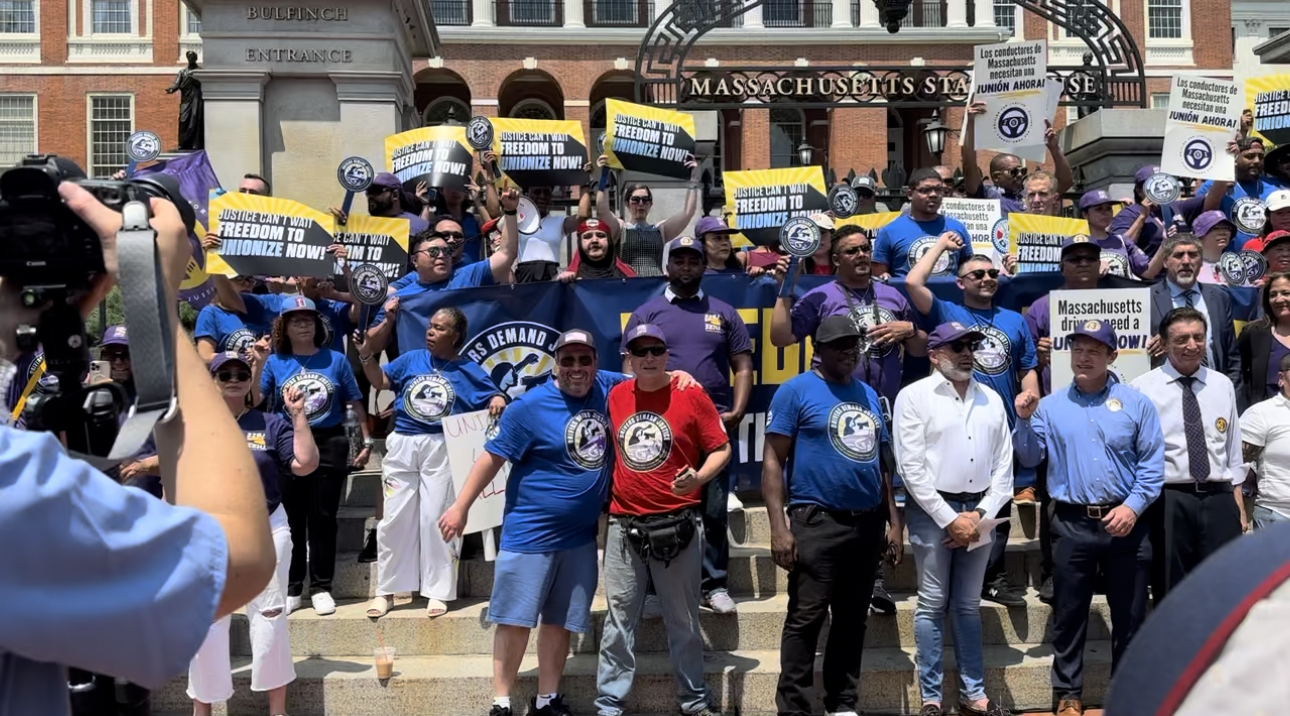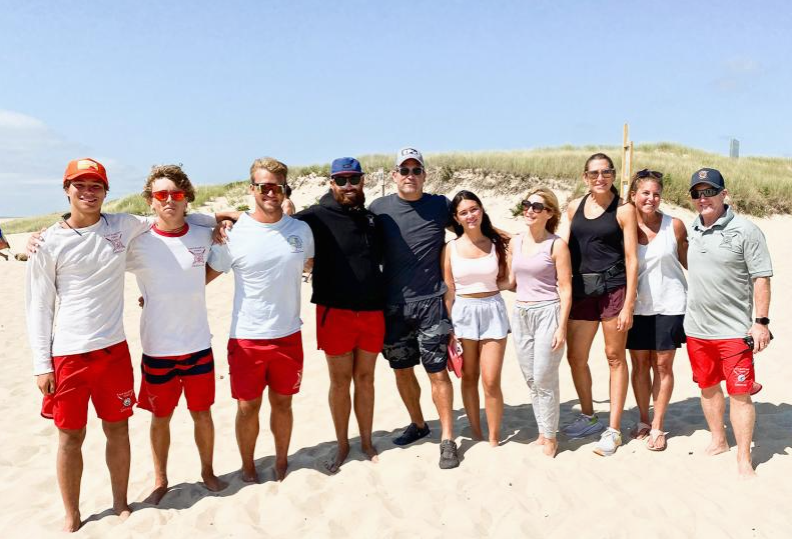I spent the summer at Boston University as an aspiring journalist, exploring the city and like any other teenager trying to find out more about myself. For three weeks, I took classes, lived life as a college student and explored a city I had never been in. The most explained and lectured part about my program was that I had to complete three articles during my stay and that one of them had to be published in the school’s daily press.
While I completed two of the required three stories, they both were rewritten when my professor read them and, even after that, were rejected to get published. These rejections made me lose my momentum. At first, I tried to get out of the third story all together, but then another girl in the same boat as me asked if I would be willing to attend a rally for Uber and Lyft drivers to get the assignment done.
I was lazy and tried to decline. “The group excursion is tomorrow, so we won’t be able to go,” I said.
“The rally is today,” she replied.
So, off we went, on our way to the Boston City Council building. Cars flooded the streets, honking audaciously in front of the building, where protestors huddled, surrounding a podium. I knew the rally was for Uber and Lyft drivers, but I had no idea what I was walking into. To me, being a driver seemed like a pretty manageable job.
First, a few statesmen got up. They spoke, loud, vivacious and vibrant in their tone. They had everyone on their feet clapping. They explained how before Uber and Lyft became so successful: they used to pay their workers enough for them to rely on driving as their full time job; now, workers had to do more work hours with less pay, forcing them into poverty. Even worse, there were no laws, unions, and insurance protecting them.
After they introduced the main speaker, an older man—if I had to guess, the age of 50—came to the podium with his daughter. He introduced himself in Chinese and his daughter translated it in English. He explained that he had joined Lyft in 2014 and he relied on it as his sole source of income and what fed his family, but then he paused, “until the accident that changed everything.”
Ten months prior to the rally, Alan Deng had suffered a severe car accident that precluded his ability to drive. With no insurance from Lyft, and no union to fall back on, Deng was out of a job. He tried contacting Lyft, but they did not respond. He said since the accident he had been relying on loans to put food on the table.
“Nurses have unions, policemen have unions, teachers have unions, every professional worker has a union, but drivers, we don’t have a union,” he said as his eyes watered.
Writing this all down with a broken pen and a broken heart, I was in tears. Two hours prior, I had only been thinking about getting Raising Canes with my friends, but now I felt a calling for justice and an urge to be a part of this cause. Standing next to a girl I barely knew, I’d never felt more united with the unfamiliar faces surrounding us. After the rally, I tried to interview some of the protestors and speakers for my article. I wanted to know their stories, not just for the piece I was writing, but for myself. One of the women I was talking to asked how old I was.
“Seventeen,” I replied.
She couldn’t believe it. “It’s amazing you’re doing this at such a young age. Just imagine what you’ll be doing years from now.”
In a few weeks from this rally, I would be applying to college. I had so many question marks in my head, mainly just anxieties about my future, but most lingering was what exactly I wanted these schools to know about me when I applied. The experience reminded me about perspective. I realized that when I took a step, my battle didn’t seem as large, and after seeing this suffering, maybe it wasn’t as daunting as I thought.
When I got back to my dorm, I was so excited, I wrote the story within minutes, “Massachusetts Drivers Demand Justice.” I finally got the stamp of approval, and after getting it, its value for me changed. I was thrilled people would get to know the problems going on behind these ride-share apps, but I was just so happy that I’d actually contributed to the movement just by being there. Removing myself from my personal struggles, I got a bigger picture of what’s important to me, and I saw that if I was able to be a part of this, I can definitely handle what was in store.








